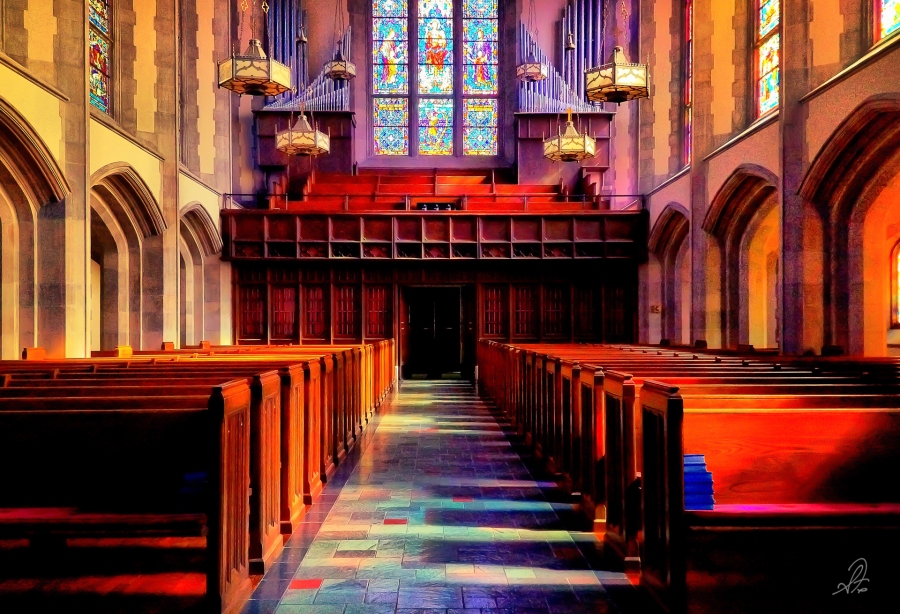God Revealing Himself
Gospel Themes is a Bible study blog, but my hope is to couple comments on the texts with thoughts and images from those who have eyes to see God's presence in our world. Right now I'm studying the journey of Abraham as described in the Book of Genesis. You can't understand the Gospels without paying close attention to the OT accounts of Abraham, who is the father of our faith. But to benefit from Bible study believers have to understand that while God reveals himself in his holy word, that is not his only means of presenting himself. If believers come to the scriptures believing that God speaks in our world, then these sacred words may bring us into the holy presence of God. Having that same attitude, that God is alive in our world, also changes the way a believer goes through the day. With confidence that "Christ liveth in me," it's not crazy to go through the day hoping for a flash of light from his holy presence.
Yes, the revelation of God comes from and through the Bible, which is the word of God as expressed by human authors. God also reveals himself in the traditions and teachings of the church, in worship and prayer, and we also find God in nature, in beauty, and in people. (Now, when it comes to matters of truth, faith and morals, we find God's revelation only in the church and the Bible, with a contribution from what we call "the natural law." Consult your catechism. But I am speaking more generally here.) Here is a beautiful image, from the inside of a church, thanks to Scott Fillmer:
 |
Photo by Scott Fillmer of Independent Presbyterian Church Birmingham AL, at
|
Attitude of the Believer
I find that God comes to us first and foremost through the scriptures, but that we also may find him in the people, nature and the things we encounter each day. But none of this matters unless the believer is receptive to the revelation and presence of God. I am talking about the attitude of the believer. Yes, Abraham and St. Paul were not looking for God when they found him, or when God found them. But the believing Christian can't sit back and ignore God. This is where the matter of the believer's attitude becomes important.
One of the keys to what philosophers used to call "the good life" is to be open to the presence of God however that presence may come to a person. Whether I am studying the journey of Abraham in Genesis 12, or contemplating beauty in nature, or in words or visual images, or taking in the presence of God in a beautiful place like this Alabama church, I need to approach it all with an attitude which is open to the good, the true and the beautiful. This is something that Josef Pieper teaches, and was the subject of a previous post. And 35 years ago I also learned of these kinds of glimpses of the presence of God, of the mystical wonder of people, images and things which we come across each day, from reading Orthodoxy by G.K. Chesterton.
This morning I am grateful for the beauty of these words:
I cannot make less red the rose’s fold,
Less white the wave,
Less blue the sea, less bright the garner’s gold,
Less dark the grave,
Nor make thy soul less beautiful and bold,
Queen of the brave.
Less blue the sea, less bright the garner’s gold,
Less dark the grave,
Nor make thy soul less beautiful and bold,
Queen of the brave.
To His Love, a poem by G.K. Chesterton (mid-1890's) available here.
If we look and we don't see, it's the same as if we never looked at all. May God open the eyes of every Christian, to see what is true and beautiful, in the study of the Bible, prayer, the Eucharist, worship in the assembly, in art and music, in the words and visual images that we encounter, in the people whom we meet and reach out to, and in the experiences of each day.
No comments:
Post a Comment